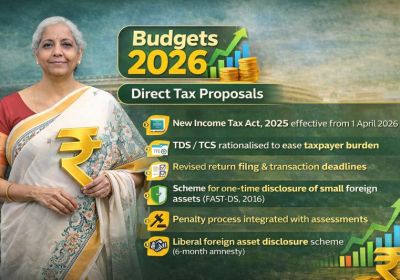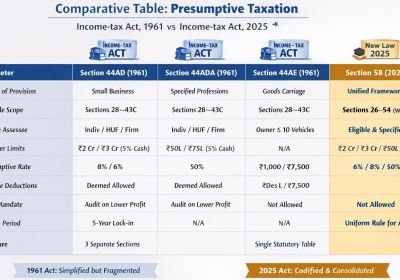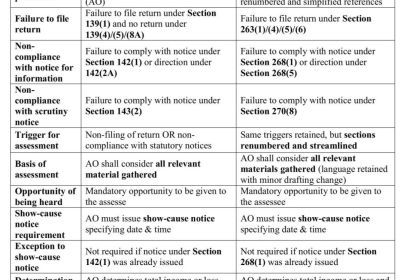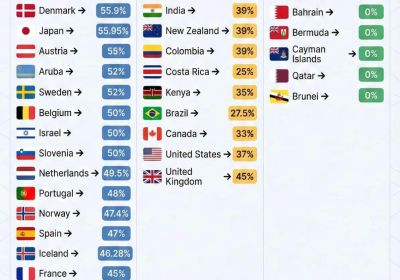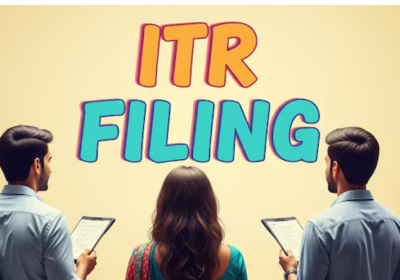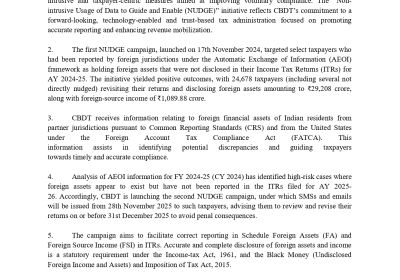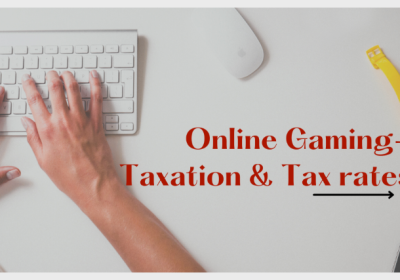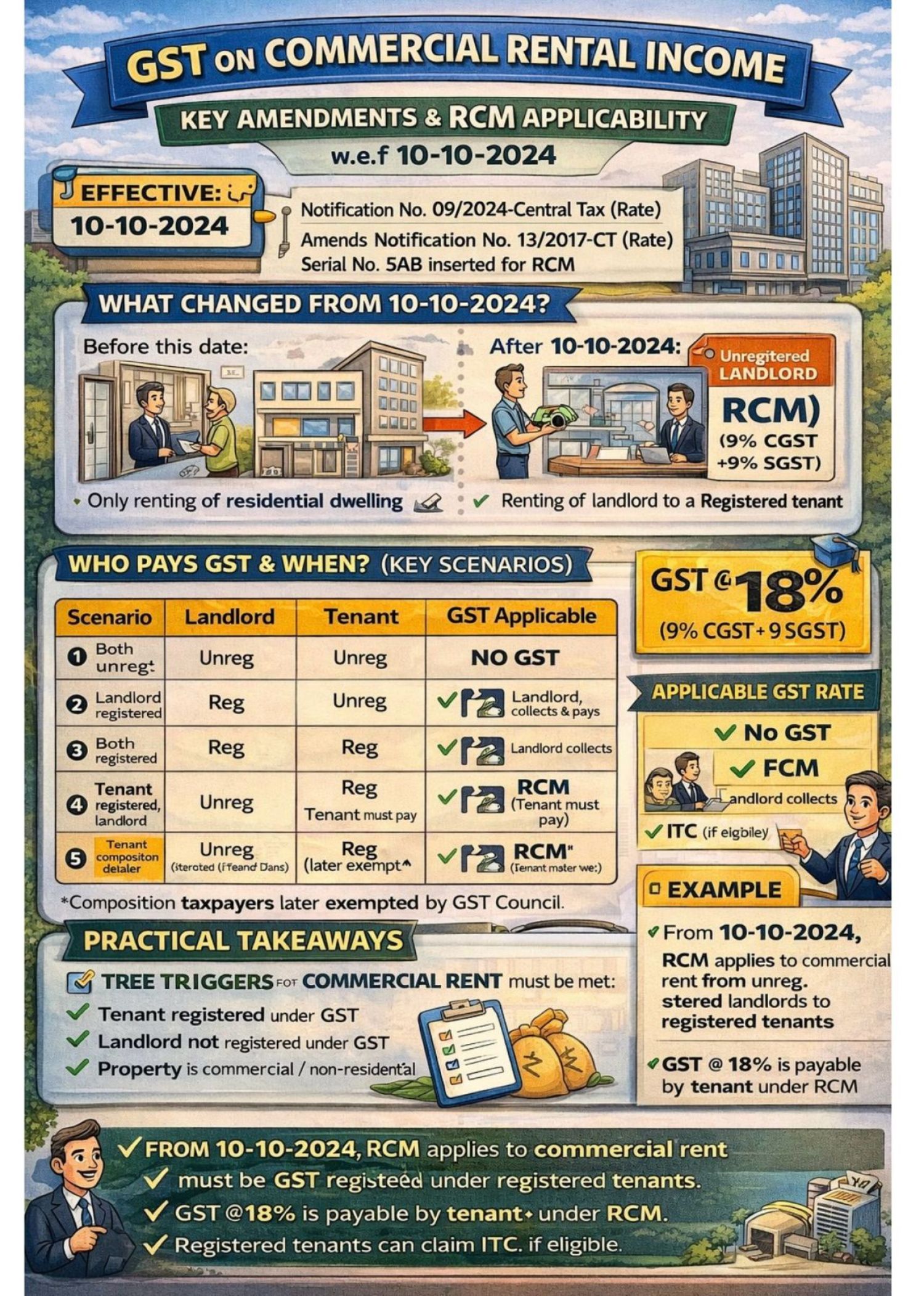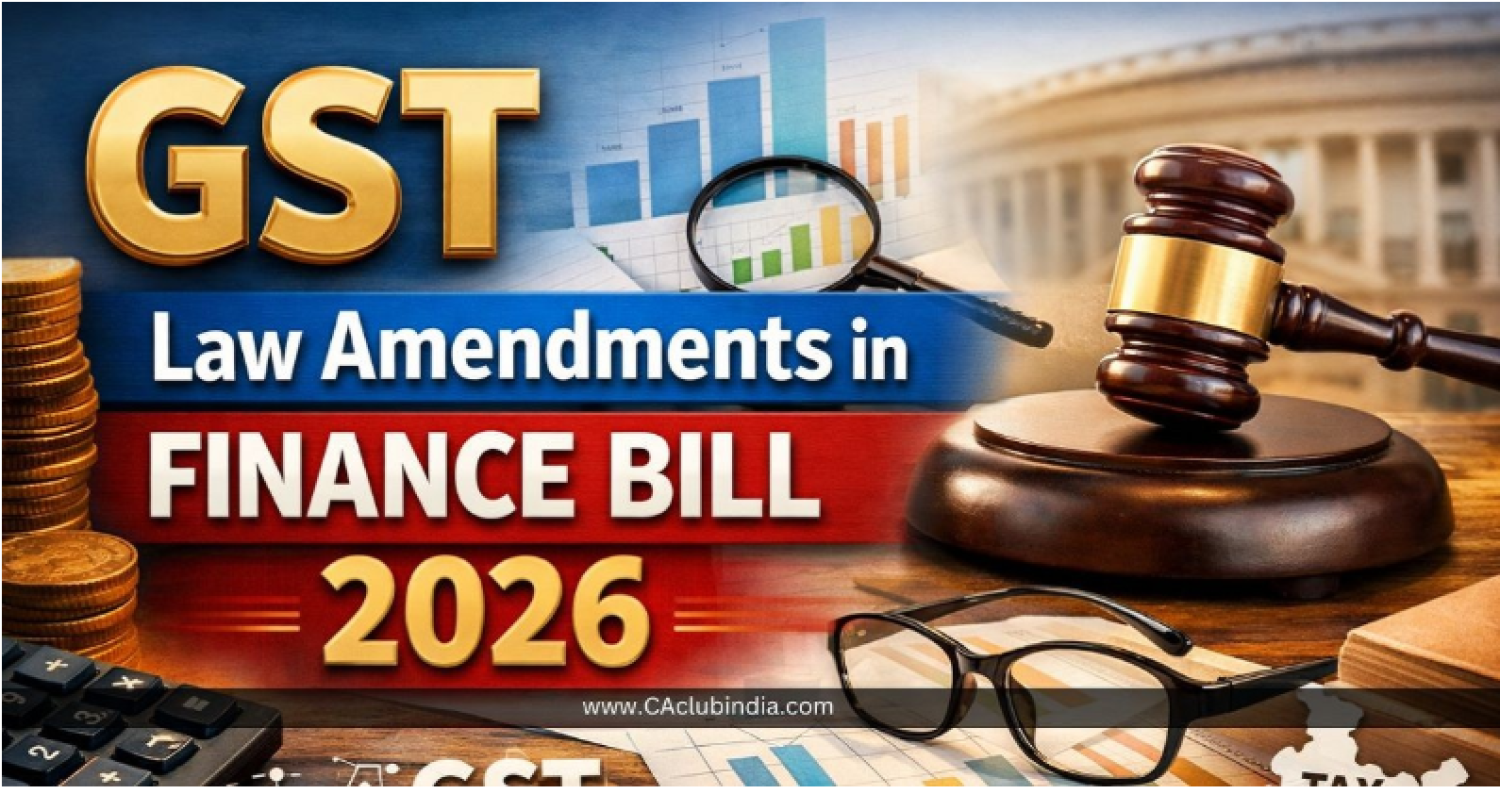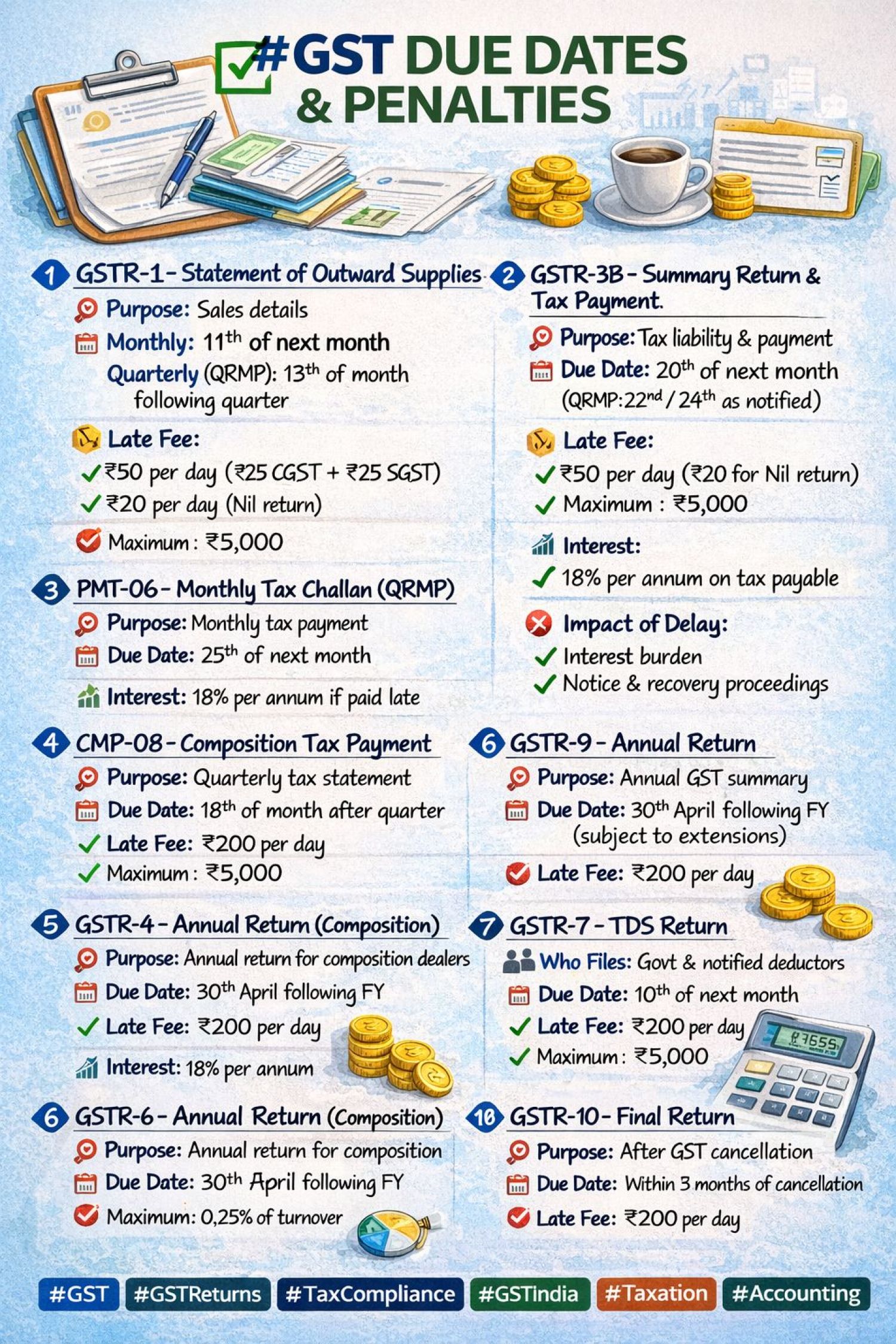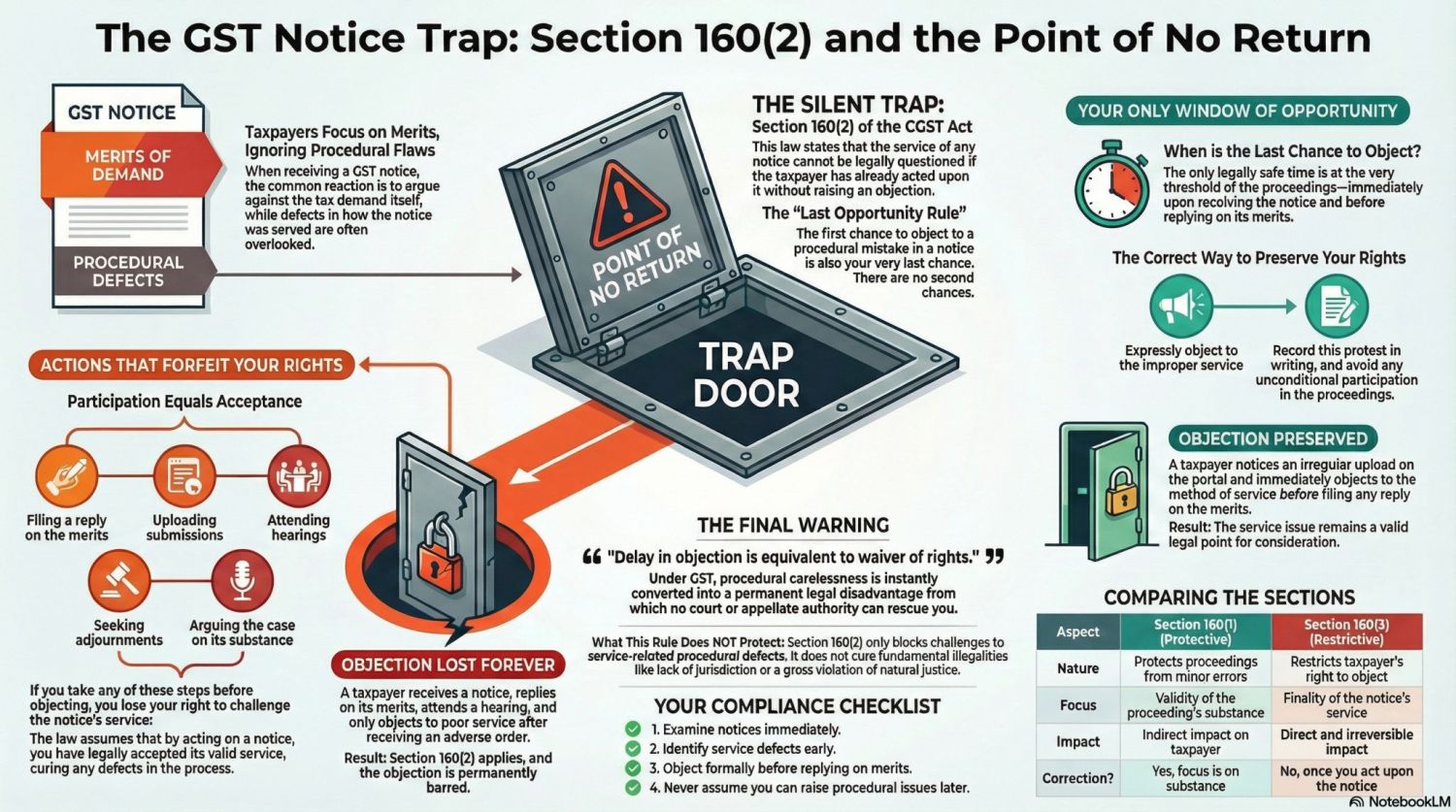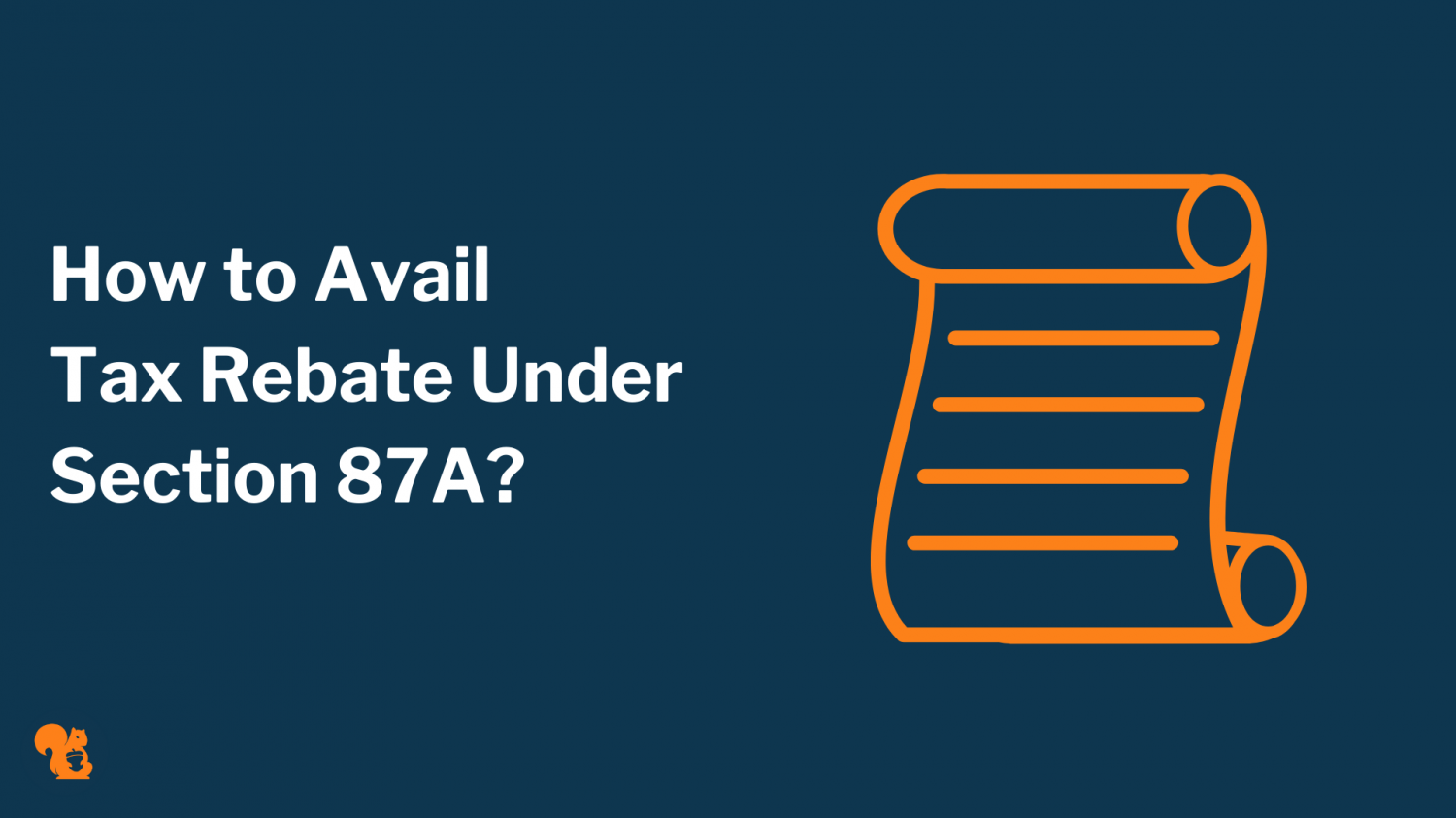
Basic understanding of Rebate U/s 87A of I. Tax Act
The main obligation of any Govt of India should protect the citizens of its nation, and the Govt of India is constantly working towards that goal. To order to help the government achieve this vision efficiently, the people of India are expected to pay taxes on their wages. Taxes help the Govt of India to build the nation's infrastructure. However, Indian tax law also provides for a number of provisions to decrease tax liabilities, and Section 87A of the Income Tax, 1961, is one of those provisions. The income tax rebate issued in Section 87a is available to individuals who have a salary below the pre-defined cap. Basically, this act is intended to reduce the tax burden on those with smaller incomes.
The income tax rebate under Section 87A gives some benefit to taxpayers who fall below the 10 % tax threshold. Any person whose annual net income is not more than Rs.5 Lakh shall be entitled to receive a tax rebate under Section 87a of the Income Tax Act , 1961. This ensures that an person will obtain a tax refund of up to Rs.2,000. In this way, the deduction would be Rs.2000 or 100 per cent of the individual's earnings, whichever is lower.
The income tax exemption under Section 87A is provided only to persons and not to the members of Hindu Undivided Parents, BOI / AOP, Business or Corporation. Moreover, the total rebate amount should not be more than the amount of the income tax calculated before the deduction on the total income of the person with which he/she will be charged for the assessment year.
A rebate under Section 87A is one of the income tax provisions that help taxpayers reduce their income tax liability. Taxpayers earning an income below a certain limit have the benefit of paying marginally lower taxes. Let’s understand the rebate available under sectio 87A in detail:
Requirement for Claims for rebate u / s 87A FY 2019-20 (AY 2020-21)
You will seek the benefit of the rebate under Section 87A for the year 2020-21 only if the following requirements are met:
- You 're a resident individual
- Your total income after elimination of chapter VI-A deductions(Section 80C, 80D and so on) does not exceed Rs 5 lakh in an FY
The tax rebate shall be limited to Rs 12,500. It means that if the gross tax payment is less than Rs 12,500, you do not have to pay any tax. Make sure that the rebate should be extended to the overall tax before the health and education reduction of 4 percent is added.
The requirement for Claims for rebate under Section 87A FY 2018-19 and FY 2017-18
When you file income tax returns for the FY 2017-18 or the FY 2018-19, the qualifying conditions for the tax refund under Section 87A are as follows:
1. You 're a resident individual
2. Your total income after chapter VI deductions Section 80C, 80D, 80E and so on) is less than Rs 3.5 lakh
The amount of the tax rebate shall be restricted to Rs 2,500. So, if your total tax payable does not exceed Rs 2,500, you will not have to pay any tax.
Note that the tax rebate will apply to the total tax before the health and education cessation of 4 percent (FY 2018-19) or the education cessation of 3 percent (FY 2017-18) is added.
Few Significant Commonly Asked Questions on Rebate under Section 87A
Q: Would NRIs claim rebates under Section 87A?
Ans: No, this rebate is only permitted for residents. Taxpayers who register as non-residents are also not eligible for a refund under 87A.
Q: Can anybody claim this rebate?
Ans: This rebate is only given to persons. This rebate can not be claimed by HUFs or companies or firms.
Q: I am an individual resident and my age is 84. May I get the value of the 87A rebate?
Ans: the rebate u / s 87A can be obtained by any resident person if his / her gross taxable income less the deduction is equivalent to or below Rs . 5 lakhs. The given that you are a super senior citizen, your taxable income up to Rs 5 lakhs is subject to Nil tax (Refer tax slabs). Rebate u / s 87A is meaningless to the elderly.
Q: I am a resident Individual and my income comprises of the only LTCG share capital of Rs 5lacs. May I get the advantage of the 87A rebate?
Ans: No, The LTCG of the shares is liable to tax U / S 112A for the term 2018-19. Nevertheless, as stated in Section 112A,
Where the total income of the assessee includes any long-term capital gains on equities as referred to in Section 112A(1) of income tax act, the exemption u/s 87A shall be granted in respect of the overall income tax as offset by the tax due on such capital gains.

